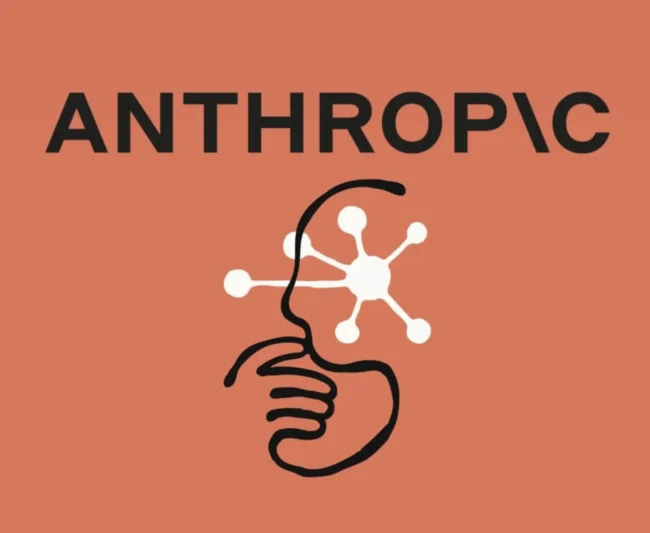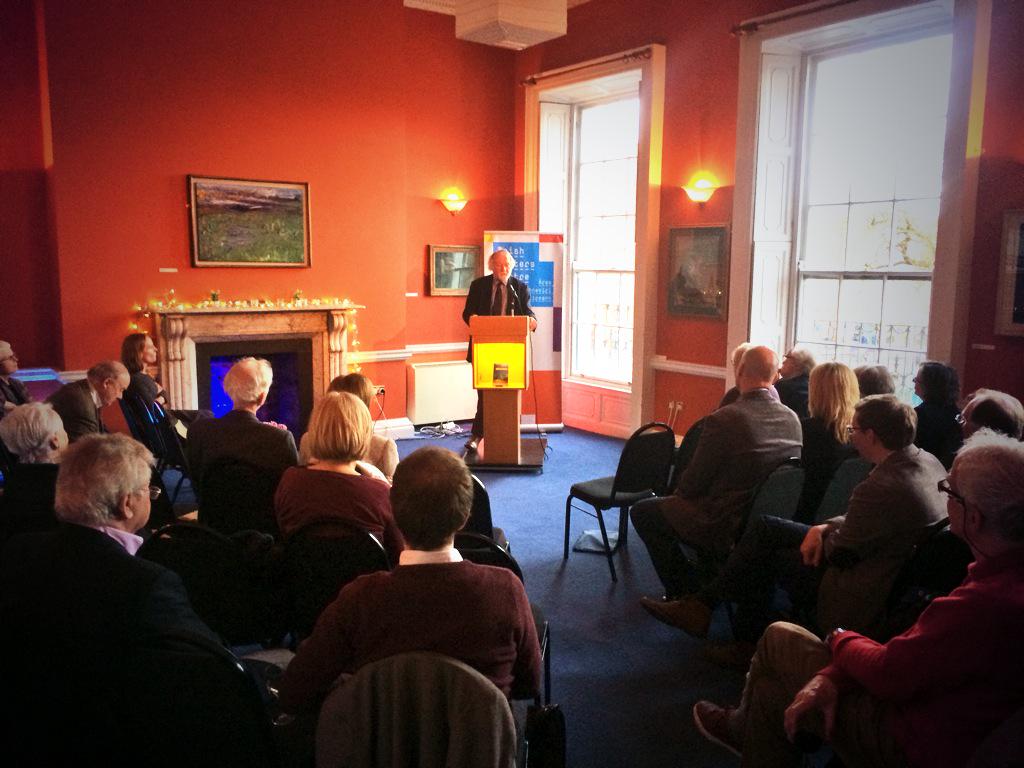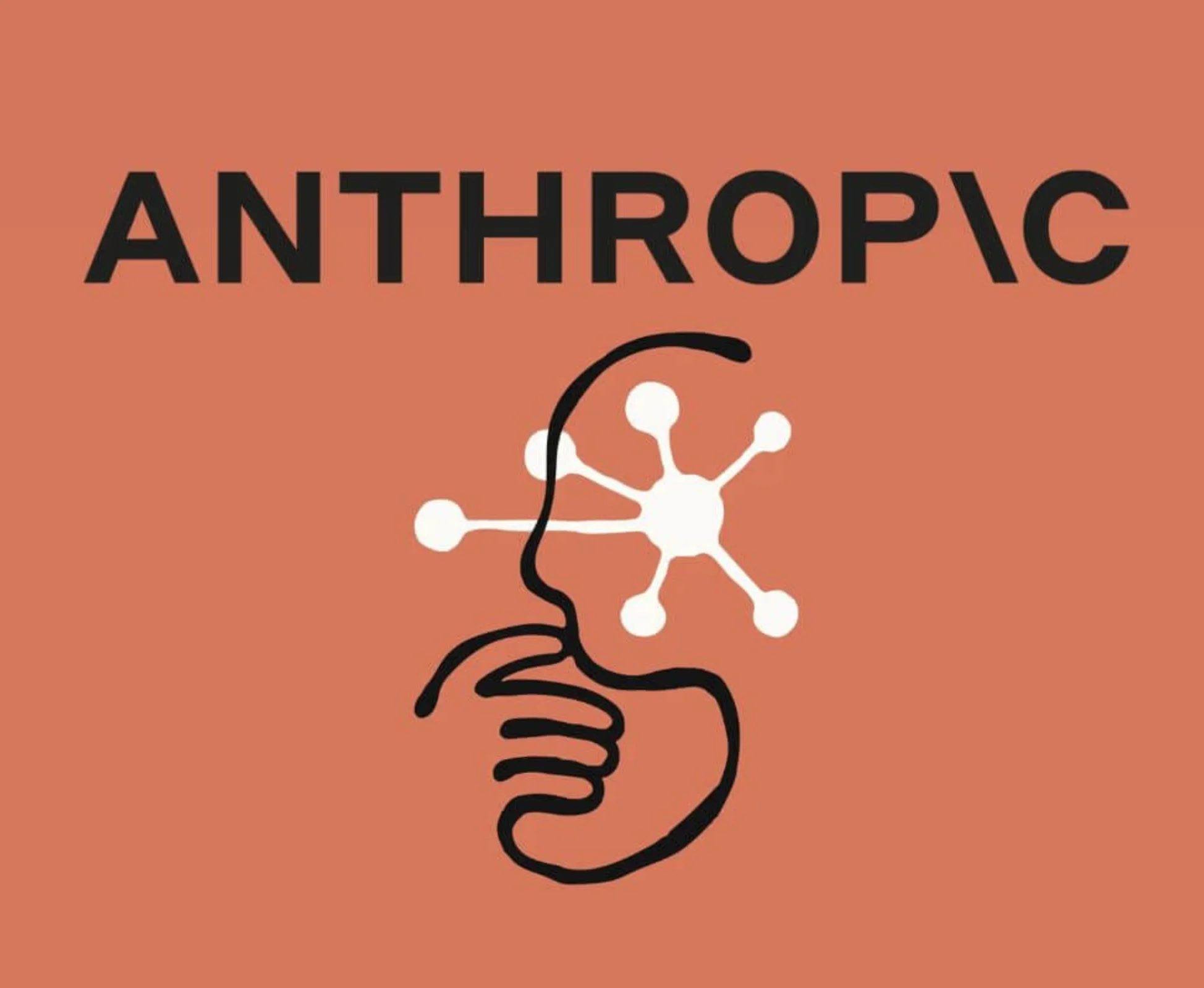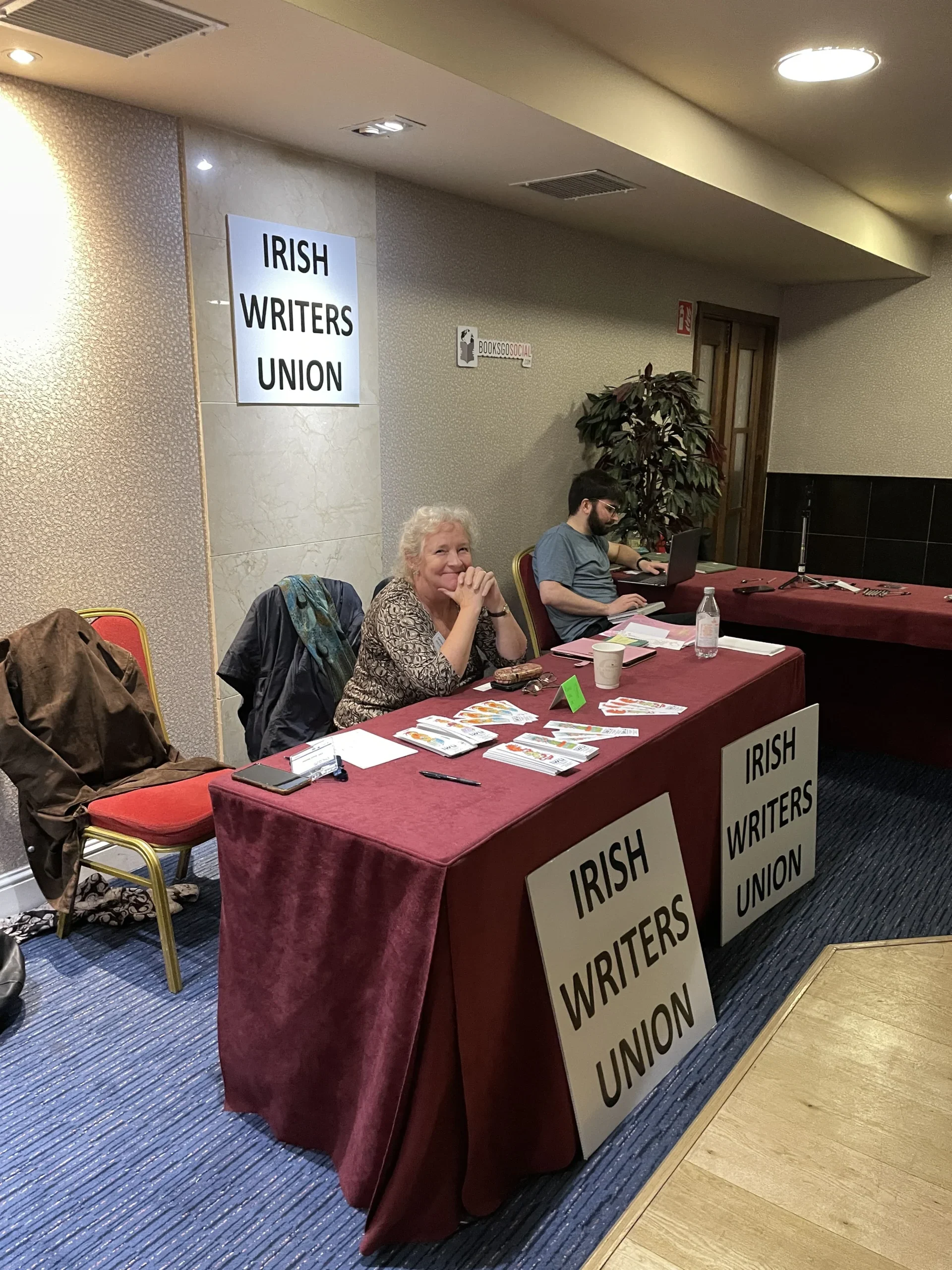by Conor Kostick
As previously reported in Final Draft, a landmark settlement has arisen in the US between a giant tech company and authors. Anthropic has a large language model that authors claim was trained using their works without permission. Specifically, they asserted that Anthropic used the pirate websites LibGen and Pirate Library Mirror (bit of a clue as to the legitimacy of that site in the name).
To avoid further litigation a settlement was proposed that will see Anthropic pay authors from a $1.5bn settlement fund. Assuming the judge is satisfied with the settlement, it means authors could benefit to the extent of an estimated $3,000 per work used.
Could settlement this benefit Irish authors? Yes but…
Unfortunately, even if your works were in the pirate databases, that’s not sufficient to be a beneficiary of the settlement. Another, crucial, consideration has been imposed, which is that works have to have been registered with the US Copyright Office before Anthropic downloaded it. In practice, this means that only Irish authors who have signed agreements with US publishers are likely to be included. And even then, not all publishers (by a long way) registered the works with the US Copyright Office.
To check if you are a beneficiary please use the search tool on this webpage.
If works of yours are in the results, congratulations. You have until 23 March 2026 to register your claim. But I recommend doing so right away. There are still some hurdles to get over.
Keep the results page open, it has the ISBN and Copyright Registration information you need. Open a new tab and go to this page and click “I don’t have a unique ID”. Then on the next page enter your personal details and hit Next.
Then enter the details of each work in the search results and hit Next. You will need to copy and paste in the ISBN and US Copyright Registration numbers from your search results.
You will arrive at a Payment page. Click Wire and enter your IBAN and address etc.
Next is an important step. It is assumed that you will be splitting the income 50/50 with the publisher who registered the copyright. But for most of us from Ireland, I believe we can claim 100 percent of the settlement income. Why? Because typically the US publisher is sub-licensing from a European publisher with whom we first made a contract, and the US sub-license does not give away any other rights than the book rights.
In my case, for example, Penguin USA picked up Epic, Saga and Edda. My contract with Penguin USA has a line through all the sub-license rights like film, audio, etc. Back in 2007 no one was even dreaming of AI being trained on the books so there’s obviously no clause covering that specific case. But there are some catch-all clauses about future formats that might entitle a US publisher to a share of the settlement of a US author. But if a US publisher has a contract with an Irish author first published in Europe, I think it unlikely that they will have such catch-all clauses intact. Therefore ask for 100 per cent. Attach screenshots of your copy of the US contract as evidence and hope the adjudicators agree.
Finally, just when I thought I was finished, I found the platform gave me an error message: “An error occurred during your submission.” So I emailed info@anthropiccopyrightsettlement.com to alert them and within a few days had a response confirming my submission. If you get a similar error message, the problem might be to do with our being from Ireland using a website designed for US authors. Please also email the – helpful – settlement team to get your confirmation.
That’s it. Now we wait and hope…
In the meantime we have to congratulate those authors who took a stand against the tech giant and also our sister organisation, the Authors Guild in the US. Thanks to them, authors have won their first victory against tech giant use of our books without permission.
If you were pirated, used for AI training, but not registered with the US Copyright Office (which is the case for most Irish authors in the pirate databases, I have 37 works in LibGen, for example, but can only claim on three of them due to that restriction) don’t despair. There are European legal battles to come with these companies, ones which if we win, we all stand to benefit from. And the precedent of the Anthropic settlement makes it much more likely that in due course all of us will win compensation for the theft of our works.










